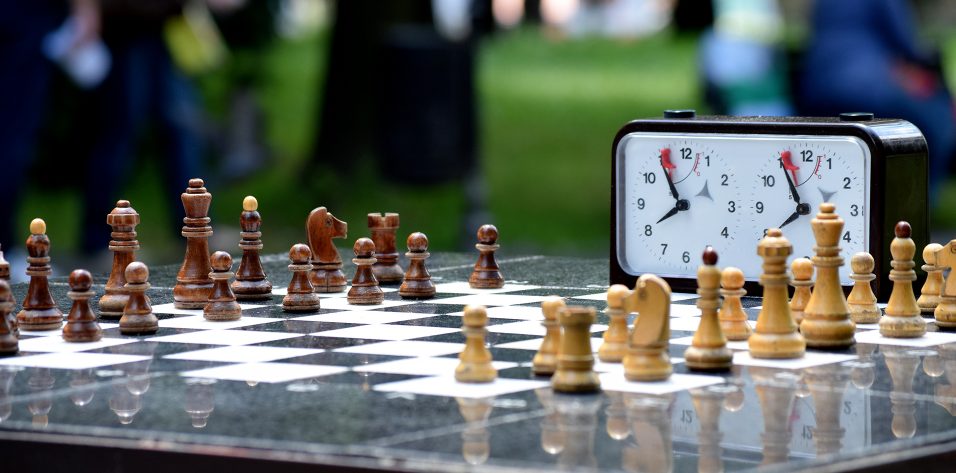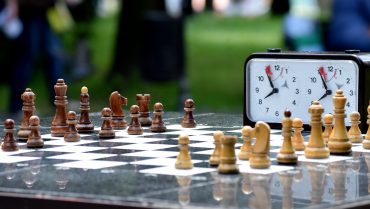Chess is a single game, but it can be played at a variety of speeds. Classical, rapid, and blitz are three of the most common speeds, and they differ based on how much time is allotted to players for move selection. This may not seem like a big difference, but in the chess world, it’s huge.
Chess tournaments are commonly style-specific affairs, and the world’s best player in one category may not be the best in another, just as the world’s fastest 100-m sprinter is often not the fastest in 200- or 400-m races. Even keeping all the rules the same, changing only the length of time in the game alters the dynamic enough to create different priorities, strategies, and—most interestingly—champions.
In this regard, cataract surgery may be seen as a similar game, playable at a variety of speeds. Although every surgeon’s ultimate goal is a good outcome (just as every chess player’s ultimate goal is forcing checkmate), many surgeons consciously make speed a top priority.
In other words, some surgeons play a classical game of cataract surgery while others play blitz. The point is not that some surgeons are faster than others; rather it’s that different surgeons play different games (or the same surgeon plays different games on different days), and these different games—as with chess—entail a different set of priorities, strategies, and champions.
The subject of thousands of blitz-specific chess books is how to play safely as rapidly as possible; but, to the best of our knowledge, there are no analogous texts for phacoemulsification. To understand the utility of such a book, you do not need to believe that blitz phaco is the best game for cataract surgeons to play; only that it is the game many cataract surgeons want to play and are already playing, and that we might all be better off with a strategy guide.




